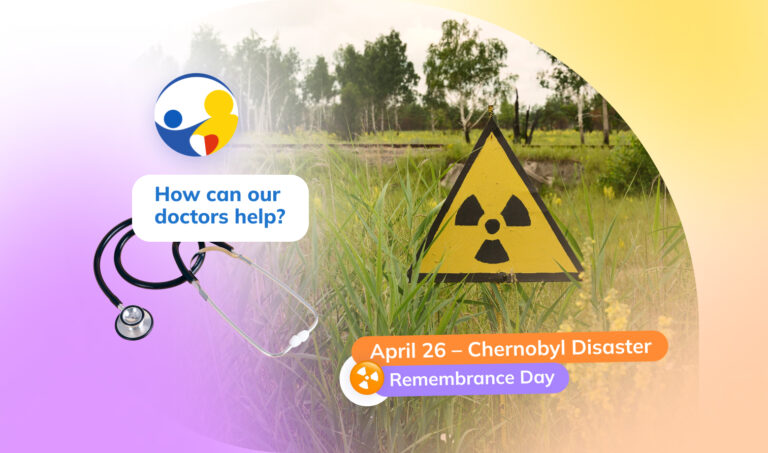What is atopic dermatitis and why is it important to pay attention to it?
Atopic dermatitis (AD) is a chronic inflammatory skin condition characterized by itching, dryness, redness, and periodic flare-ups. This disease can significantly affect quality of life, especially in childhood.
If left uncontrolled, AD can lead to other allergic reactions and complications. Therefore, early diagnosis and proper treatment and skin care are essential.
What causes atopic dermatitis?
The causes of AD are complex and may be related to several factors:
- Disruption of the skin barrier function
- Immune system dysfunction
- Exposure to external factors (environment, infections, stress, chemical irritants, etc.)
In atopic dermatitis, the levels of filaggrin and lipids—proteins and fats that help the skin retain moisture—are reduced. This is not related to food allergies but is due to innate skin characteristics.
How does atopic dermatitis affect the skin?
- The skin loses moisture, becoming dry and irritated
- The skin’s ability to retain moisture decreases, making it permeable to allergens and microbes
- The skin often becomes sensitive to external factors such as dust, soap, synthetic clothing, or household chemicals
Why is atopic dermatitis important for health?
AD can be the first step toward developing other atopic diseases, such as:
- Allergic rhinitis (seasonal pollen allergy)
- Bronchial asthma
- Food allergies
In infants with moderate to severe AD, checking for food allergies is recommended. In older children and adults, this is less relevant, but proper skin care and timely medical consultations remain important.
How is atopic dermatitis treated?
Treatment focuses on managing skin condition, reducing symptoms, and preventing flare-ups.
Using specialized creams and ointments that help retain skin moisture is essential.
For children with severe disease, anti-inflammatory medications may be prescribed.
In some cases, doctors may recommend dietary restrictions or allergy tests to identify potential triggers.
How to properly care for skin with AD?
- Regular moisturizing with creams and ointments free from fragrances and harsh chemicals
- Warm (not hot) baths to avoid skin irritation
- Soft clothing made from natural fabrics (cotton preferred)
- Proper nutrition — elimination diets may be important for some children
Why is it important to see a doctor?
Atopic dermatitis requires an individualized treatment approach, so timely consultation with a specialist is crucial. Diagnosis and appropriate therapy help ease the disease course and reduce the risk of flare-ups.
Have questions?
Contact our pediatricians and dermatologists at Moja Rodzina clinic. We will help you find the best care and treatment for your child.
? Address: ul. 29 listopada 18a/4, Warsaw
? Website: www.klinikamojarodzina.pl
? Phone: +48 729 855 896
? Appointments available online or in person at the clinic







